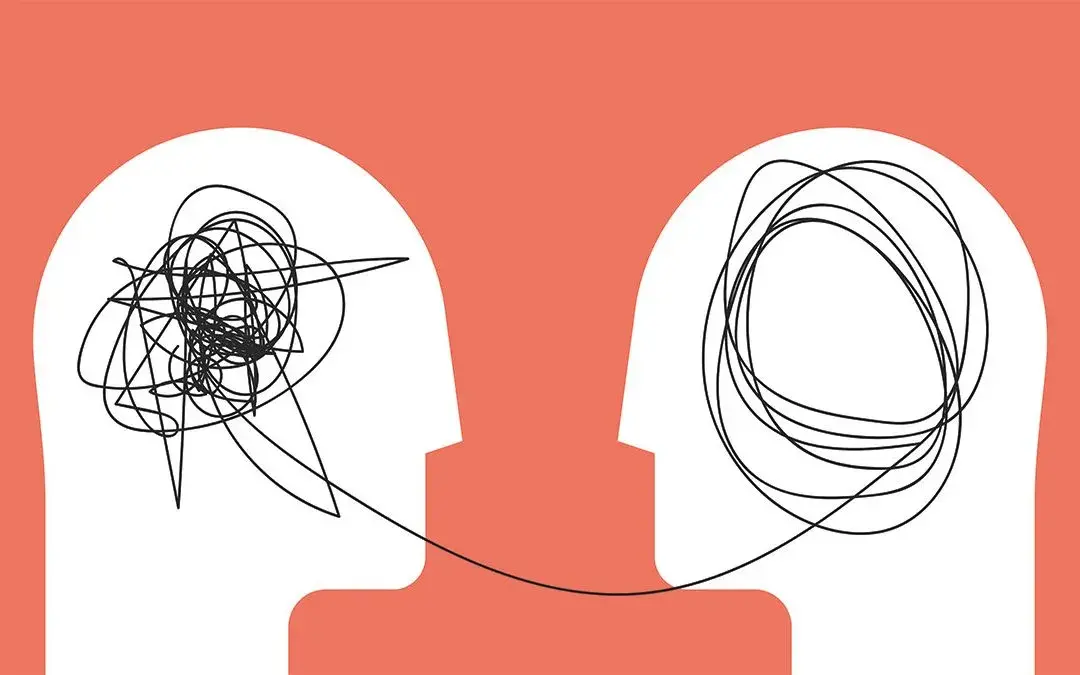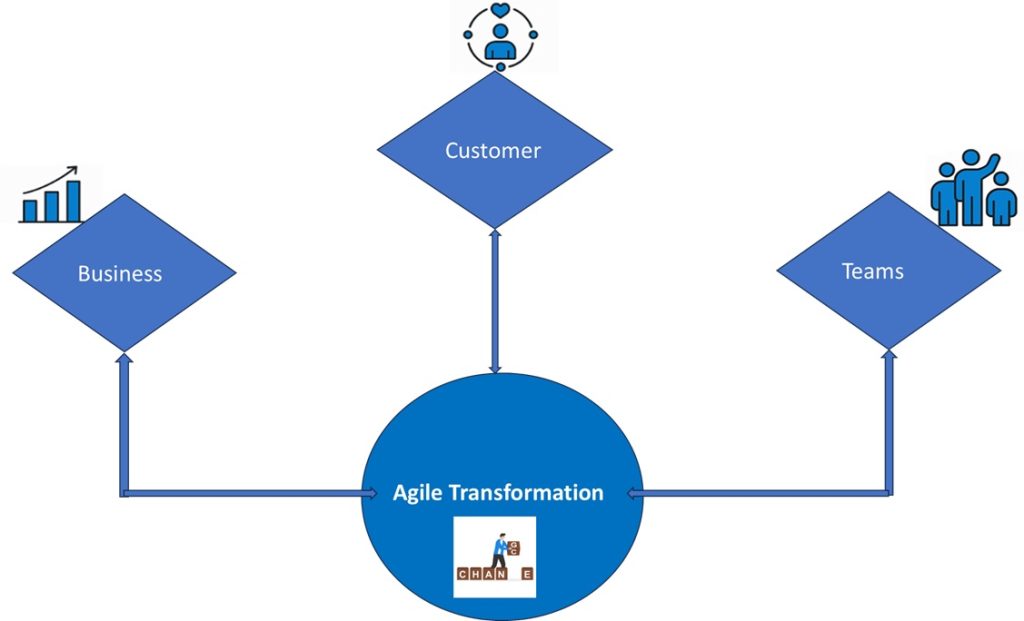Often we look at ‘empathy’ as an ability that is much needed in leadership roles. It is always an ability expected from people higher in the ladder towards those who are below them or at best towards peers. By focusing heavily in this manner, the need for any member to be empathetic towards leaders/managers is not given any attention. It is as though managers (or those in supervisory position) need to be empathetic toward their team members but not expect any such empathy in return. Such imbalance seems to be an outcome of the hierarchical structures that have been the norm in most organization for ages. With the advent of the knowledge industry, those norms are breaking. A flatter organization is becoming de-facto standard.
Through our student life, we look up to our teachers. We expect them to know the answers to every question we have on the subject. The gap in knowledge between the teacher and the student keeps reducing as we grow, but still in our declared roles as students and teachers, the looking up is mostly one way. When we get into our working career, we look up to our first bosses like we looked up to our teachers. Yes, the bosses knew more, having been there a bit earlier than us. However, at work, particularly in the knowledge industry, the challenges are new, technologies keep evolving and your boss is exploring solutions for the challenges with you, though may be more adept at doing so.
Not just in knowledge, even in emotional development, the gap between a team member and the leader/manager is not significant. Very often the person in leadership could be experiencing a higher emotional stress than the team that she is managing/leading.
As I often do, I was looking at such situation in sports, say cricket. Let us say you are in a team that is chasing a big total. You are the designated number 4 in the batting order. You have a good strike rate. The captain decides to promote a lower order batsman to go in at number 4, and, keep you to anchor and take the innings deep, in case the gamble doesn’t work. You know you are the better rated batsman and you are keen to go in as number 4, and you are close to a personal milestone that you would like to reach. You will be very upset that your captain lacks empathy towards your needs. This in turn stops you from becoming objective and results in misunderstanding with the captain. And if the pinch hitter sent in fails, and your turn is up, you will find it extra hard to regain composure – resulting in poor return for yourself and your team. Let us say, at that juncture, you try to see the captain’s point of view (which is possible if youtry to be empathetic), Your handling of the situation would be way better. Your empathy would result in helping you and your team succeed.
Being in the middle, managing the upper management, the client and the demands from the team demands a lot. Many such relationships are clinical and your manager/leader may be struggling to meet expectations from multiple stakeholders. During these times managers/leaders tend to lean on the team and most times team members tend to observe this as unreasonable behavior. Also, the manager/leader is most often conditioned not to expose their pressure to the team. In such situations, if the team members understand the leader’s position and are empathetic, the whole team wins.
Actually, our empathy towards our manager/leader, helps us perform better and the outcomes are better. Lack of empathy, adds to our stress of having to do our job without full appreciation of the situation.
As I started writing down my thoughts on this topic, lots of ideas come rushing and I believe it is a critical aspect that needs to be understood by everyone and in any position. I am sure, everyone has a view on what I have shared, let us call it ‘selective empathy’. Please do share your thoughts.






9 Responses
An interesting “angle”! There is usually an emphasis on empathy among team members for better team work and self-organization. Would teams truly consider the manager/leader also as part of the team? Needs some mindset change. I think Emotional Intelligence training/coaching should bring out this aspect – that EI (Empathy being part of it) does not draw boundaries of applicability! Enjoyed reading a refreshingly different blog…
Thanks, Shiv. Yes, completely agree with your point on EI’s role in this regard. Gopal
Nice angle! And nice twist in the title of the blog!
Good perspective, which is normally missed.
🙏
Nice article, Gopal.
We all know one filed where downwards empathy is hardly ever seen, but upward empathy is expected and demanded. Politics.
😁
Nice article, Gopal! Very good insight. Practicing Empathy needs an effort as it needs seeing the world from the perspective of the another person. It is all the more difficult when you do not see everything that the other person sees. I remember one instance in my life when a manager reporting to me was promoted to senior manager’s post and moved away from me on a new, higher level assignment. After a few days she came to meet me and I enquired how she was doing on the new role. She said, “Milind now I know the kind of pressure you faced from above. You never passed that onto us and kept us shielded. Now I know how difficult your role and life is. I am trying to be like you!” So, the true empathy comes out of having experienced similar situations yourself.
So, Milind is the message “a little empathy is better than a late empathy”?
Gopal,
Nice blog.
This is a very valid and necessary perspective that everyone should have.
Somehow, in most organizations, just like ‘agile’ is considered as something for the teams and team members, these may be labeled as management and only for managers – as part of the leadership development plans.
Some ways how I have contextualized this in some situations:
• At an individual contributor level: connecting to empathy as a key skill for design thinking [observing and understanding users]
• At a team level: the togetherness and one-team idea [teams making commitments, the huddles in cricket and other sports etc], to use daily standups, for example, to recalibrate oneself after sensing how the others feel on that day or in a particular situation
• For managers: understanding and doing what they can, to make their managers successful, particularly when the complaint is that my manager does not understand me or my needs